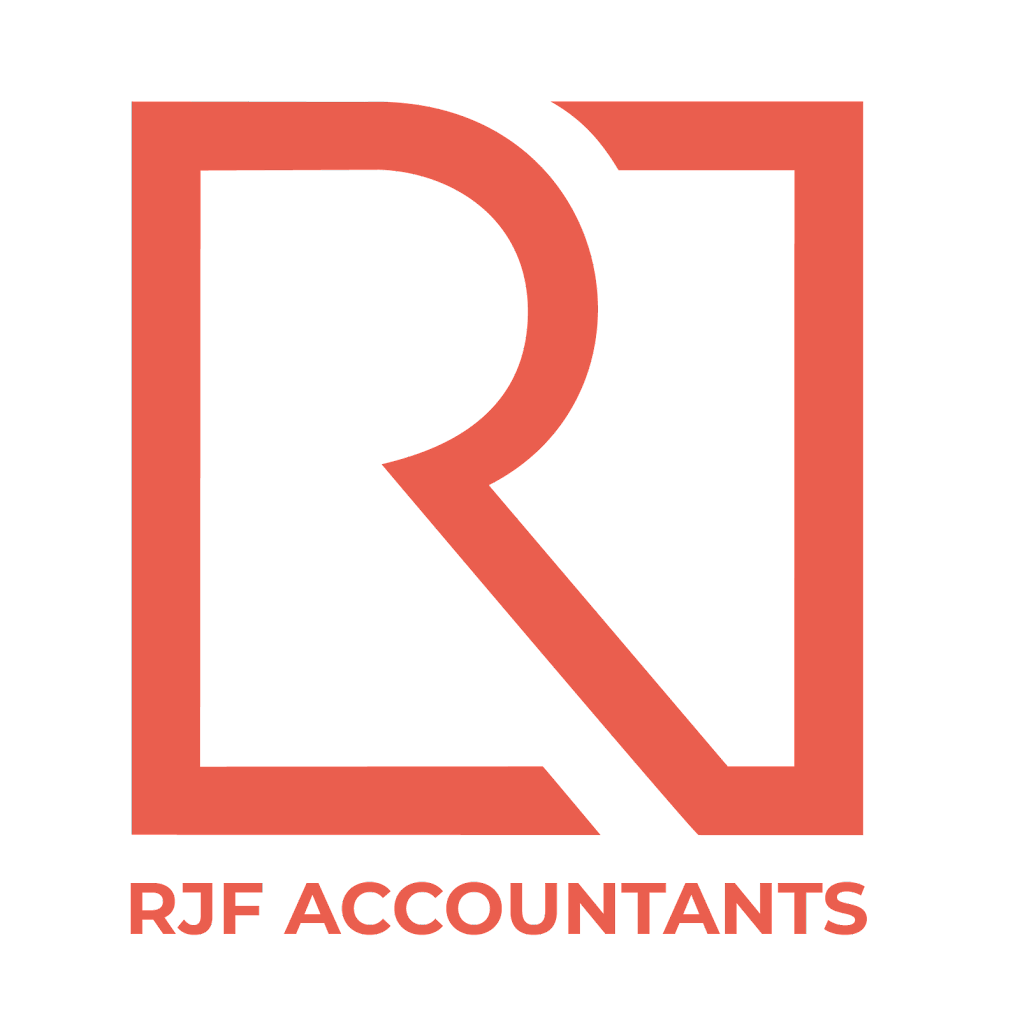When it comes to VAT registration for your business, and deciding if it’s best for you, it’s easier than you think to get confused. A lot of businesses are obliged to register, but many do so voluntarily – and if you’re considering it, you need to think about whether being VAT registered is costing you, rather than benefiting you in the long run.
When Are You Obliged to Register?
It’s very important to know that your business will be legally obligated to register for VAT, if your total turnover of taxable supplies is above £85k – as this is the current VAT registration threshold. This applies during the course of any 12 months, and taxable supplies are essentially any service or product in your business that is subject to VAT, at any rate. Also, the current threshold will not be subject to change for another two years, starting from 1st April this year.
Remember, that this all applies to your business turnover rather than profits, so if you’re required to do so – make sure you register as quickly as possible. Gaining a clear understanding of the different VAT rates and how they will affect your business will really help you in the long term.
Blog Contents:
show
Should You Register Voluntarily?
Even before they reach the threshold, numerous businesses will make the decision to be voluntarily VAT registered. If you’re considering doing so, remember that this can have large and long lasting effects on your business, and is a decision that’s not to be taken lightly.
There are a few reasons why you may consider voluntarily registering – with one of the main ones being the opportunity to reclaim VAT that other businesses charge you. If your input tax is greater than your output tax, i.e. the VAT you charge on your products and services, during any tax period – then HMRC will allow you to reclaim the difference.
Also, it’s worth noting some businesses register to appear larger, and to simply create a more successful, positive impression amongst clients and competitors. By not being registered, they will know your turnover falls below the VAT threshold.
Why Could This Be a Bad Decision?
Being VAT registered undoubtedly has its advantages, however there are some significant drawbacks that could seriously impact your business in a negative way. As mentioned above, if your input tax exceeds your output, you can look at reclaiming it. However, if this isn’t the case, and the VAT your company charges is greater than what you pay – then it will be down to you to cover the cost difference with HMRC.
This could cause higher cost and cash flow problems for your company, especially if your business purchases can vary significantly throughout the tax period. The last thing you would want for your company at the end of the tax year, is to be faced with a sudden surprise VAT bill. But if you can’t accurately predict your purchases and sales, this could unfortunately be the case. Registering will require going through a significant amount of additional paperwork, like filing a VAT return every quarter. You may have to possibly pay for a hefty upgrade to your accounting software as well, due to having to implement VAT accounting into your existing bookkeeping systems and procedures.
Also, consider that you can be penalised for failing to register at the correct time, and if you were to be late with any filing or payment then you’ll face significant penalties. If you’re still unsure if being VAT registered is right for you, we at RJF are here to help. Our Manchester based accounting services will work alongside you, to handle all the financial aspects of your business, from bookkeeping and Pensions to VAT. So if you’re specifically considering being VAT registered – contact RJF today, and we’ll make sure the cost positives outweigh the negatives, before helping you make the best decision for your business.

